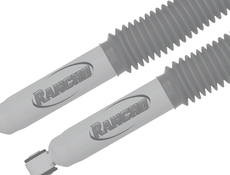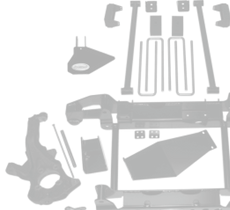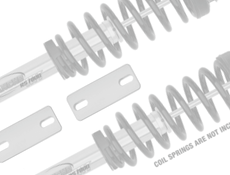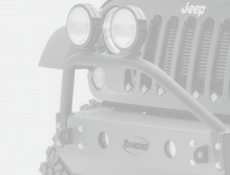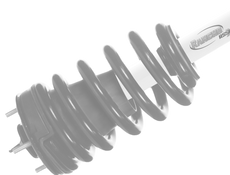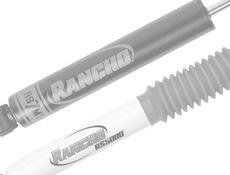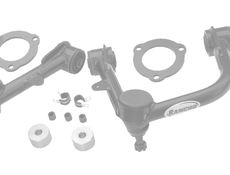Tips to Safely Tow a Trailer or Boat
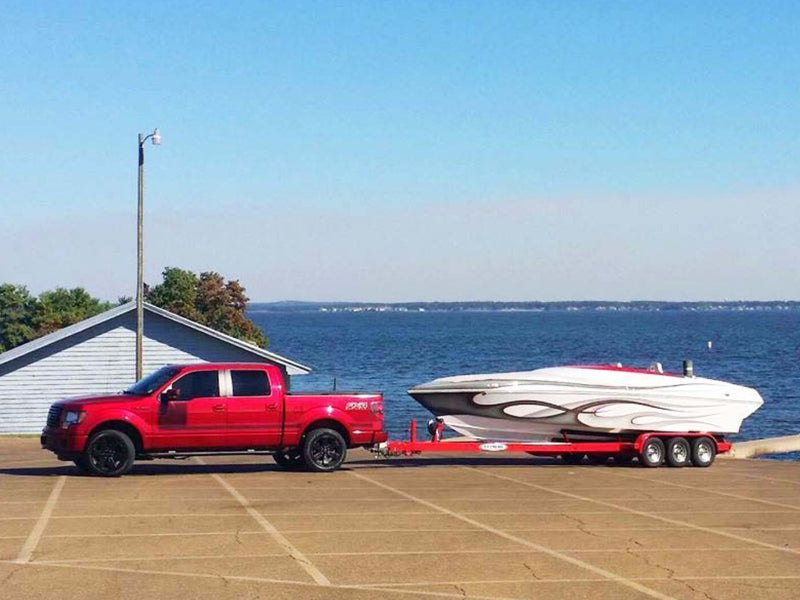
TOWING OR TRAILERING ADVICE
Whether you're looking to hit your favorite trail, spend a night at a campground or enjoy a day on the water, your adventure will likely start with towing a travel trailer or boat. Towing isn't something that most of us do on a daily basis, so reviewing some tips can ensure that you and your load arrive at your destination safely.

GETTING STARTED
Can Your Vehicle Handle the Load?
Before you decide to tow a boat or trailer, make sure your vehicle is up to the job. To do this, there are two important numbers you need to determine if your vehicle can handle the load - towing capacity and Gross Vehicle Weight Rating (GVWR).Your vehicles manual will have both of these numbers Now that you have the towing capacity of your rig, it's time to determine how much your load weighs. See if your load falls below the upper limit. To calculate the total load, you'll need the GVWR of your vehicle and the weight of passengers, fuel, gear and trailer tongue weight. Add all of these numbers together to get how much your total load weighs. If this number falls below the upper limit of your vehicle's towing capacity, you'll need to either lighten your load or consider getting a different towing vehicle.Practice Makes Perfect
Spend plenty of time getting to know how your vehicle and trailer handles before embarking on your first trip. Find an empty parking lot to practice driving your vehicle with the trailer hooked up. Get a feel for the braking distance, turning radius and how it reacts while accelerating and backing up.Adjust Mirrors
Having a clear view behind you is key when towing a trailer. Make sure your mirrors are properly adjusted so you can see the trailer and the area behind it.Check Lights
Check Lights Make sure trailer lights are in working order before hitting the road. Test all lights including the brake lights and turn signals. Properly functioning lights are key for safe travel.Check Trailer Tires
While you're checking the pressure on your vehicle tires, don't forget to check the tire pressure on your trailer tires. At the same time, check the trailer tires for signs of damage that could lead to failure. Finally, avoid getting stranded - be sure to have a spare tire for your trailer.

HOOKING UP & UNHITCHING BASICS
Hitch and Unhitch on Level Ground
Hooking up or unhitching a trailer on level ground makes the job much easier. If you try to hook up your trailer on a slope, you could have trouble engaging or disengaging the coupling pin.Secure Cables
Ensure that all electrical cables are secured with zip ties. If cables are left to dangle or hang, they may drag on the ground and become damaged or short out.Unhitch Safety Chains Last
Once the coupling is raised off the tow ball and the emergency brake is engaged, then you may remove the safety chains. A good habit to get into, unhitching the safety chains last ensures that the trailer won't roll away if something fails.TRAVELING
Ease off the Accelerator
Towing a trailer isn't the time to be in a hurry to get to your destination. Getting up to speed takes longer when you're towing a trailer. And once you're up to speed, don't exceed the posted speed limit. Excessive speed can contribute to trailer sway which can make it hard to control your load.Don't Slam on the Brakes
Avoid slamming on your brakes. With all that weight you're towing, hitting your brakes suddenly can cause you to jackknife your rig or go into a skid. At the very least, it can cause your load to shift meaning your items may not be where you packed them when you get to your campsite. Be sure to anticipate your stops and give yourself plenty of time to stop your vehicle.Rancho Can Help
While towing a trailer requires skill, practice and concentration, upgrading your shocks may make the task a bit easier. Consider installing Rancho RS9000®XL adjustable shocks or struts for an unprecedented level of control and performance. Ideal for on- and off-road use, towing and more, use a firmer setting while towing and then switch to a softer setting when your trailer is in storage.

Learn more about performance shocks, find your performance suspension part, or find where to buy your shock or suspension part today.
The content in this article is for informational purposes only. You should consult with a certified technician or mechanic if you have questions relating to any of the topics covered herein. Tenneco will not be liable for any loss or damage caused by your reliance on any content.
